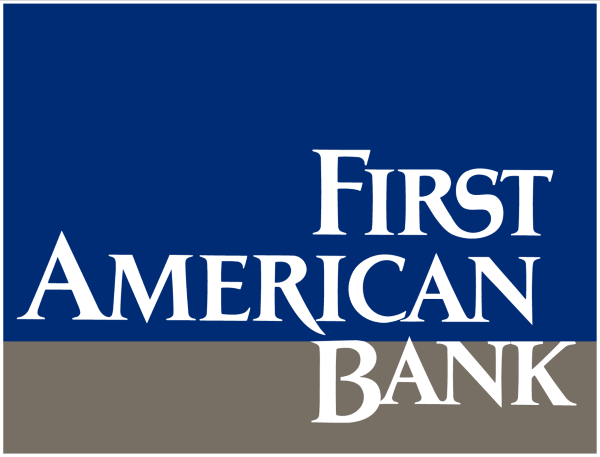 Written by Mark Kroencke, Executive Vice President, Commercial Lending; Steve Eikenberry, Senior Vice President, Commercial Lending
Written by Mark Kroencke, Executive Vice President, Commercial Lending; Steve Eikenberry, Senior Vice President, Commercial Lending
Business owners are likely familiar with an old saying: the greater the risk, the greater the reward. With the inherent uncertainty of running a business in mind, business owners are always looking for ways to profitably expand—while also softening the blow should those risks not pan out. That’s why they may benefit from hedging, a strategy that can help to offset some of the potential risks and stabilize costs.
As a business owner, you’re constantly balancing your revenue with outgoing expenses. That can be tricky when you’re paying a loan and the interest rates increase. Hedging products are not loans in and of themselves. Rather, they’re separate contracts that act as a kind of insurance policy protecting your cash flow from fluctuating interest or exchange rates.
Establishing a fixed interest rate provides several key benefits: reduced uncertainty in cost structure, protected profit margins should interest rates rise, and allowing the business owner to focus on operating their companies instead of worrying about market fluctuations. Plus, hedging enables business owners to match the funding of their long-term assets with long-term fixed rate liabilities.
How these 3 Hedging Products can Help
There are varieties of hedging products available in the marketplace. We break down the products we work with below to help clients offset risk by establishing a predictable cash flow and mitigating expenses due to increasing market rates.
- Swaps. An interest rate swap enables borrowers to convert a floating rate loan to a fixed rate. Swaps are among the most popular hedging offerings at First American because, among other benefits, they can be executed quickly with minimal costs and provide more flexibility than conventional fixed rates. Interest rate swaps are ideal for borrowers concerned with significant exposure to floating interest rates. Swaps can also be used to lock in rates for a longer term than traditional fixed rate loans. For business owners who need to stabilize operating costs, locking in an interest rate can help.
- Caps. A cap limits how high a floating interest rate can rise while still permitting the borrower to benefit from drops in rates. They are typically purchased upfront with one payment and serve as an insurance policy protecting the borrower against fluctuating interest rates. Caps allow a borrower to choose the level of protection; set a higher cap level to reduce the upfront cost or set a lower cap level to provide greater protection.
- FX Hedging. This product is ideal for companies who do business internationally and want protection against fluctuations in the exchange rate between foreign currencies and the US dollar. For example, let’s say your business is looking to purchase machinery from a company in Europe in six months. A Foreign Exchange hedge will enable you to lock in a purchase price ahead of time to avoid paying extra costs should the exchange rate between the dollar and the Euro fluctuate unfavorably.
The Opportunity Today
Given the currently low interest levels, it’s a particularly opportune time to lock in a favorable rate for years to come on the entirety of a loan, or just a portion of it. Hedging can appear complex, so it’s important to consult with an experienced financial partner who can guide you through the process and ensure you are set up for success.
Our trusted advisors are especially adept at helping our clients analyze their hedging options and understand the complexities and how to best position a client to yield the benefits.
Minimize Your Risk With Hedging
Start Planning
LinkedIn:
Connect with Steve on LinkedIn
Contact:
Phone 305-400-3334
Email: business@firstambank.com
Disclosure: First American Bank is a Member FDIC.
Check out more articles from First American Bank:
Maintaining Steady Cashflow Throughout Business Cyclicality













